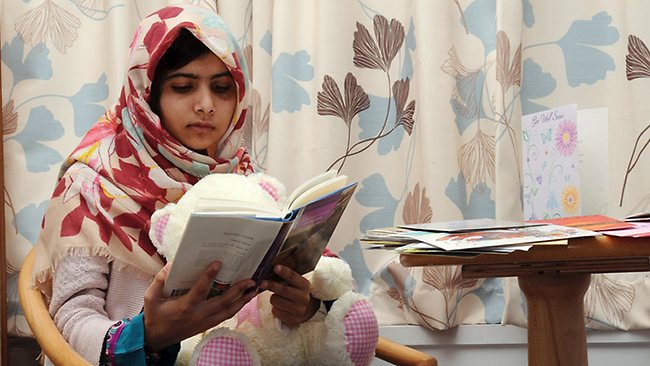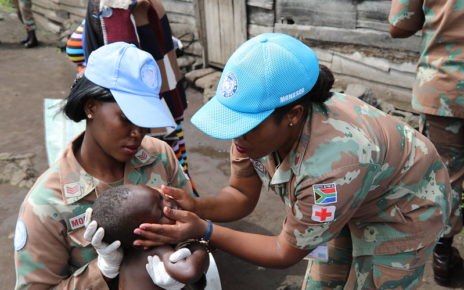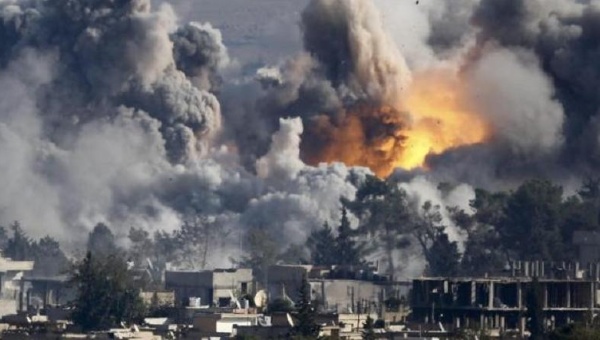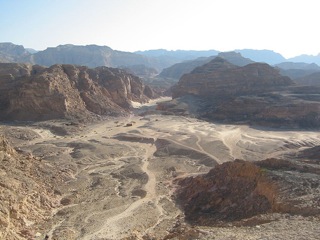“This was a new chapter of obscenity, and we have to finish this chapter” said Taliban spokesman Ahsanullah Ahsan, “We have carried out this attack”
 At the age of only 15, Malala Yousafzai has become known to the world as a symbol of perseverance and undefeated courage. As a schoolgirl and a fervent activist in her community of Mingora in Pakistan’s Khyber Pakhtunkhwa province, Malala offered the world an unusual insight into the lives of young women under the relentless rule of the Taliban. Over the last three years the brave teen campaigned for the rights of all women to pursue education in the region of Swat Valley where brutish religious extremists have banned females from attending school, going shopping, and watching television. But Malala’s efforts have made her the latest victim in a violent reprisal by Taliban militants who shot the young girl in the head on October 9, 2012 while aboard a school bus in her local community. Malala, currently receiving treatment in Birmingham, England, now confronts a long road of recovery with a bullet lodged deep in her shoulder blade.
At the age of only 15, Malala Yousafzai has become known to the world as a symbol of perseverance and undefeated courage. As a schoolgirl and a fervent activist in her community of Mingora in Pakistan’s Khyber Pakhtunkhwa province, Malala offered the world an unusual insight into the lives of young women under the relentless rule of the Taliban. Over the last three years the brave teen campaigned for the rights of all women to pursue education in the region of Swat Valley where brutish religious extremists have banned females from attending school, going shopping, and watching television. But Malala’s efforts have made her the latest victim in a violent reprisal by Taliban militants who shot the young girl in the head on October 9, 2012 while aboard a school bus in her local community. Malala, currently receiving treatment in Birmingham, England, now confronts a long road of recovery with a bullet lodged deep in her shoulder blade.
Malala began protesting the plight of Pakistani women in 2009 when she wrote under the pseudonym Gul Makai for BBC Urdu. Her handwritten diaries outlined the day-to-day life in Swat Valley as a young girl during the military occupation by fanatical Islamists. As schools were shut down and the volatility for females in her community grew, Malala began speaking out publicly about the essential need for rights to education and the need for greater leadership roles for young people, particularly women. Her remarkable courage landed her the country’s highest civilian honors and the nomination for the International Children’s Peace Prize.
In 2007, militants ramped up their presence in the region, shocking many Pakistanis who believed the brutality of Taliban rule was a reality predominately felt in Afghanistan and Pakistan’s isolated regions. Now, with the Taliban quick to claim responsibility for the attack, it is evident that their grip on the area has tightened.
With Malala’s remarkable survival the Taliban have vowed to finish off the teen, claiming she is responsible for promoting “Western thinking”. One Taliban militant stated, “She is propagating against the soldiers of Allah, the Taliban. She must be punished.” Moreover, these sentiments have transcended the border of Pakistan with a British-based militant group who has made plans to issue a religious decree against the young schoolgirl on November 30, 2012. Abu Baraa, a senior member of Shariah4Pakistan stated, “there will be a fatwa issued regarding Malala Yousufzai taking into account the full story of her injury including her public statements in support of the occupying US army in the region and mocking of key symbols of Islam such as hijab and jihad.”
Malala Day
Condemnation of the attack on her has rippled throughout the world, as pressure on Pakistan’s government to take punitive action against the attackers continues to mount. But Pakistani leaders are divided. Some are deeply concerned that a government crackdown could spark an upsurge of violence, while others believe the government ought to harness outrage to build public support for resistance into the Swat Valley region.
General Ashfaq Parvex Kayani avowed, “We refuse to bow before terror… we will fight, regardless of the cost.” The Interior Minister Rehman Malik echoed a similar call, suggesting the government would consider military operation in North Waziristan, but then recanted his statement days after. But the international call for justice and the seemingly endless global support for Malala’s story suggest Pakistan will not be left to “bow before terror.”
 The international responses to Malala’s story have come in many forms, including gifts, books, and funding to facilitate her mission for young girls in Pakistan. Her tens of thousands of supporters around the world have even begun signing an online petition originating in Canada, calling for Malala to be nominated for the Nobel Peace Prize. In addition, November 10, 2012 has been declared by the UN Special Envoy for Global Education as Malala Day – a global day of action advocating the education of some 32 million girls who are enrolled in school.
The international responses to Malala’s story have come in many forms, including gifts, books, and funding to facilitate her mission for young girls in Pakistan. Her tens of thousands of supporters around the world have even begun signing an online petition originating in Canada, calling for Malala to be nominated for the Nobel Peace Prize. In addition, November 10, 2012 has been declared by the UN Special Envoy for Global Education as Malala Day – a global day of action advocating the education of some 32 million girls who are enrolled in school.
Former British Prime Minister Gordon Brown will be making a trip to Pakistan to present the petition of over one million signatures to President Asif Ali Zardari to encourage his government to prioritize education. Thus far, the federal government has the Waseela-e-Taleem program to educate three million children, especially girls.
As Malala’s health progresses and the vast international support for her courageous efforts continues, we are reminded that advocacy for girls’ education in fragile states like Pakistan, is a long and incredibly dangerous road. Malala has paid a heavy price for her country to move forward in the direction of women’s rights and for this reason the young girl is a hero whose legacy will continue to grow.




